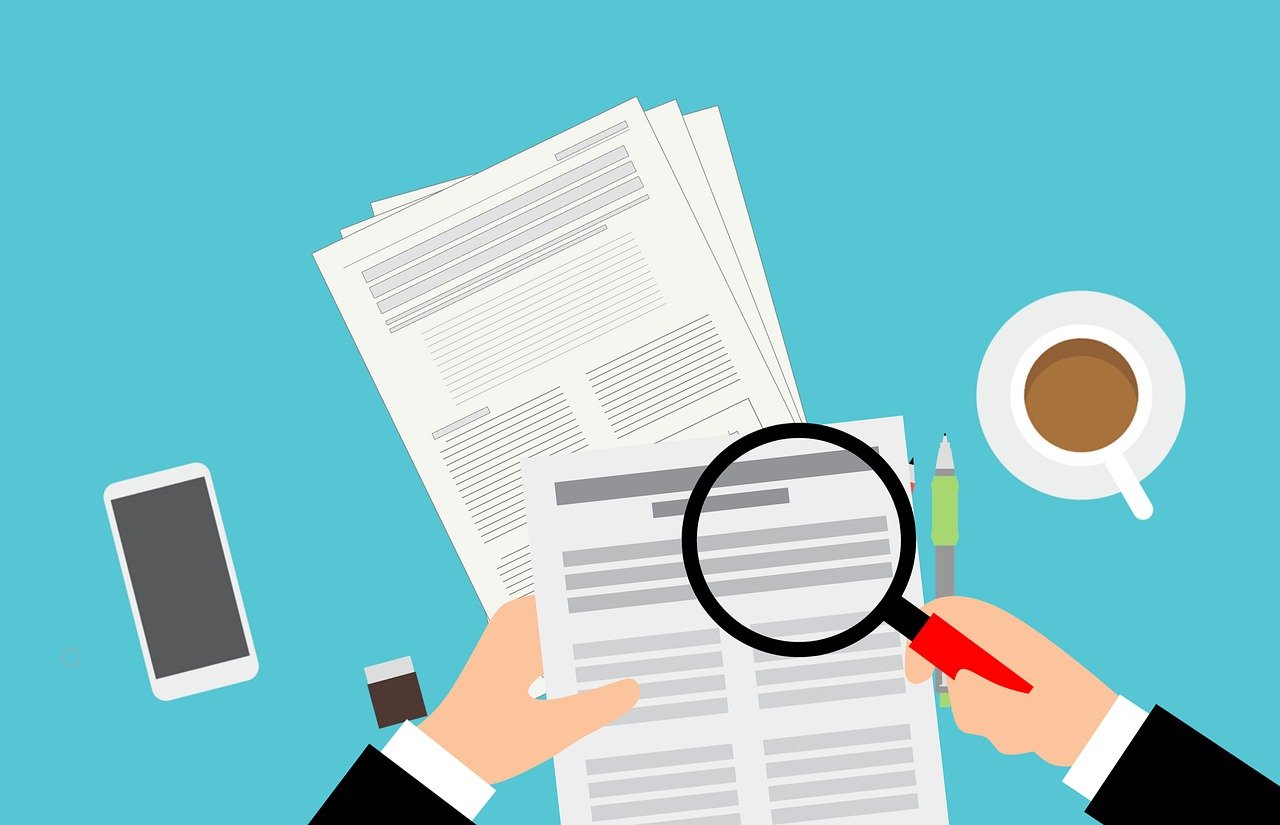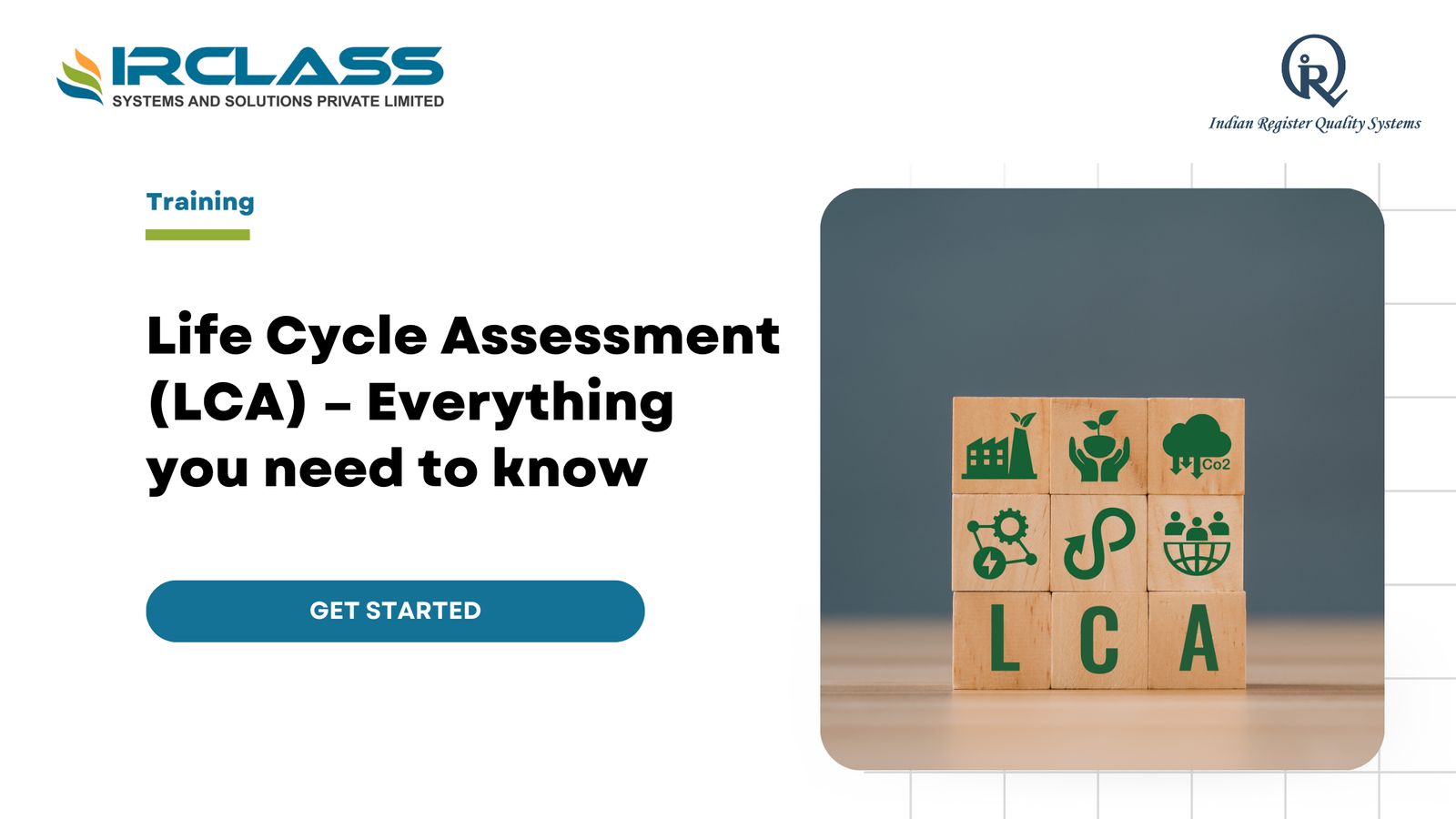Category: Remote Audits

What Does An Internal Auditor Do? A Comprehensive Guide For You
Internal auditors are critical for all organizations. The professionals help in protecting the organizations through their expert services. They analyze compliance and review the risks to bring the best strategy for the organization. Internal auditors review the company documents and data to recognize critical aspects like – Internal auditors operate across different industries. It can be healthcare, tech, education, or government. The expert auditors hold full-time professional positions and work as contractors for short-term audit projects. Professionals who can analyze perfectly and work with numbers are the perfect contenders for becoming internal auditors. They analyze and review to report the shortcomings and offer a lucid overview to the internal stakeholders. The auditors work independently. Internal auditors necessitate analytical and critical thinking skills with sharp attention to detail. The professionals are always in high demand. Read on and obtain critical notes about their profession and responsibilities. The duties and responsibilities Internal auditors check and analyze the critical records and financial documents in an organization. They examine and find out the underlying issues including – compliance concerns, risks, fraudulences, inconsistencies, and data inaccuracies. After checking the records within the audit’s scope, the auditors investigate for figuring out the shortcomings. Internal auditors implement their resources and knowledge of laws, industry regulations, and organizational policies to recognize the chances of noncompliance, fund misappropriation, and potential risks to the business. Besides these, the auditor takes care of the following responsibilities. Highlighting the prime duties of an internal auditor – The ultimate guide Prime qualities and service traits of an internal auditor Ways to Become a professional internal auditor An internal auditor must have a bachelor’s degree in disciplines like finance, accounting, etc. Ideally, having master’s degrees in business administration, accounting, auditing, business law, or taxation can be helpful for the career. But there are certification programs with specialization training for internal auditors that help them learn essential skills. Get the best auditors with IRQS. Now you know the offerings brought by the internal auditors. Get in touch with IRQS, the one-stop destination for connecting to the top auditors. Efficient audit solutions with accurate reports make IRQs suitable for internal audits. Find a proficient team of auditors with several years of experience and ample resources.

How Do Remote Audits and ISO Certification Work?
ISO certification is vital for all businesses and companies. Auditing is a crucial step for accreditation by the certification bodies. One needs to implement the best practices and auditing steps to get approval. With the digital revolution in different industrial sectors, remote auditing has become highly essential. The importance of remote audits is growing day by day for helping companies manage their operations and product quality. Also, supply chain management gets easy if you have virtual tools to audit and review. Read on and explore more about remote audits and the ISO certification for adapting to the digital evolution. Understanding remote audits Do you have a clarified idea about remote auditing? Remote audits enable you to conduct an audit session when you necessitate. The new-age technological tools ensure the best audit techniques and outcome, as you would expect in audits conducted by experts. Remote audits are similar to on-site audit sessions with a significant difference. Here, everything happens remotely. You depend on technology to conduct the audit process. It covers the documents and evaluation steps through the virtual tools. Virtual tours of premises, employee interviews, etc., are part of the process. Technology has a crucial role in remote audits as it ensures real-time reviewing ease. Benefits of remote audit Remote audits are beneficial in more than one way. If, you think remote audits take more time and require expensive resources compared to traditional on-site audits, you have a misconception. It takes a similar time, if not less than the on-site duration. Remote audits, when implemented with a clarified objective, enhance efficiency to the next level. The most significant benefits that you must note about the virtual audit are – It helps you adhere to the schedule. There are no scopes to waste the time. It is an excellent initiative to reduce the carbon footprint as it avoids any kind of traveling. The remote auditing process is less expensive compared to on-site audits. One does not have to visit places to conduct the audit, thereby decreasing the cost. The flexibility aspect of remote audits makes it the best choice. It is easy to engage the remotely working teams for the audit, regardless of the location. Steps to conduct a remote audit Conducting a remote audit is not as simple as you think. Even if the technological resources are ready at your end, you need to take an organized approach. Remote auditing can be conducted or considered at any time point of the certification process. There are professionals who can guide you with the ideal steps of remote auditing. The step-by-step professional assistance eases the process of planning and execution. However, you must have a clarified overview of the steps to make the best choice. Planning is the first step – The initial step in a remote audit is planning the session. You need to inform the certification authority body for conducting the audit. The organization permits the audit, after which you can take the necessary measures. Understand the specific audit requirements and review the technological resources. It will help you determine the viability of the audit and infrastructural conditions for ensuring a successful remote audit session. Without an effective plan, it is impossible to schedule the audit session and, carry out it effortlessly. Once you have chalked out the specific requirements and to-be-reviewed aspects, you have to make a detailed execution strategy. Organized audit and connectivity – A remote audit may not always be successful unless the process is well-organized. Connectivity is the backbone of a successful remote audit for certification. Adequate connectivity over phone and video is essential to ensure seamless and undisrupted communication. After setting up the connection with the auditor the process starts. Documentation review, employee interviews, screen sharing assessment, and many more are part of the process. The execution is similar to traditional on-site audits, except, here you have to resort to digital mediums and virtual connectivity. Audits and reports – Reporting is the end step of auditing, and in remote audits, there is no exception in this case. The standard on-site report contains details about essential aspects, and so do the remote audit reports. It helps in clarifying the audit objectives and eliminates the chances of risks in the operation. One can recognize the flaws with the help of the reports, and understand the effectiveness of the audit session. Technological support is crucial. Technological resources and a well-functioning internet connection are the two pillars of a remote audit. If there is a connectivity issue, one cannot carry out the audit session. Using the software applications for screenshare, real-time displays, voice calls, and video streaming platforms is essential. Before conducting the audit, one needs to review this technical infrastructure and the availability of the resources for the remote employees. Remote audit approach – A vital aspect The approach for remote auditing makes a significant difference. The auditor can conduct the audit from their office, home, or off-site, depending on their preference. But, they need to clarify these crucial aspects beforehand to ensure undisrupted connectivity. It is one way of conducting a remote audit. However, there is another way through which the auditor can visit a site and carry out the process. If the company has more than one site, it is better to pick an option where the auditor visits a site and performs a remote audit for the rest locations. Irrespective of the approach taken by the auditor, the goal is to conduct a seamless audit session with accurate assessment reports for accreditation. A checklist to ease the needs – Before applying for a remote audit Check the IT infrastructure to review the connectivity and arrangement. Inform the team about the audit plan so they can engage productively. Ensure convenience of viewing the documents and data to the remote auditor. Wrapping up – Significance of ISO certification ISO audits are essential to review if the company meets the requisites for ISO compliance. It also exhibits the flaws in the operation, helping you develop a risk mitigation plan. Also, the
Search
Useful Links
Recent Posts

What is a Life Cycle Assessment Course and Why Should You Take It?

Step-by-Step Guide to Becoming an ISO 27001 Implementer



